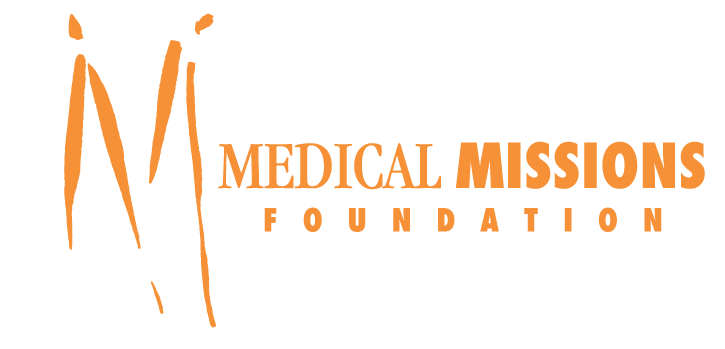This is why we come to Mali
Dr. Brandon writes: Although we primarily are in Mali as a medical mission, our influence is much wider. One of the bright spots of our trip happened on our last day, meeting Amadou, or as he calls himself, “Mr. Good Price”. The Bamako market this year was so hot, and the sellers were so desperate. It was difficult to move and to think, more so than in the past couple of years. Tightly surrounded by people trying to make a few CFA, the local currency, I didn’t notice the boy at first. As we went from place to place though, he followed, continually trying to sell a bracelet, a necklace, anything. Finally, in a lull, his selling face faded and he said something else. “I go to school you know. Today is Saturday so I am here to try to make some money for my family.” Several of us talked to him at different times over the next hour as we shopped and waited. We all got the same story and the same impression: a charming, intelligent 14-year-old boy, speaking perfect English, who can only picture his future life as a soldier. There simply aren’t many jobs in Mali, very few with a paycheck, and the military is one of the biggest employers. Most Malians are farmers or small time entrepreneurs. I pointed Ibrahima and Koro out to him– told Amadou that they are teachers and translators, they use their mastery of language to help others and to make a good living. I talked to him about health care, about nurses and doctors. Sophie talked to him also about construction, mechanics, growing vegetables: skills he could put to use to benefit his country. We tried to expand his imagination a little. We will find him next year, create a role for him with us, possibly bringing him to the clinic. He has something special and deserves a chance to express it.
The thing is there are millions just like him in Mali and all throughout Africa. So much potential, so much creativity and intelligence and talent. The poor, the homeless, the countless thousands of unemployed and underutilized in the erupting cities of Africa – they are our prophets – they show us where society is broken. When we are home we have to try to remember Mali or we have to seek out the poor by volunteering where we can – we have to leave our established route of home to work to shopping to entertainment to exercise. In Africa it is impossible not to see. Even with eyes closed, the sounds and smells and feelings remain.
Seeing patients in the clinic I always take more time with the children, anyone from about 8 to 20. Anyone who still has that spark of youthful hope and optimism and curiosity that is so easy to detect in their eyes. Through the translators I ask if they are in school, what grade they are in, whether they are doing well and enjoy it. I encourage them to stay in school, to consider going into health care or teaching. The older teenagers often do have plans and dreams and I encourage them in these. Who knows what a few words might do? Who knows what difference a chance encounter, a new idea, a connection to another human being might make?
There are so many reasons why we do what we do – why we travel so far, sleep so little, work so hard, and spend so much money to do these missions. But certainly one of the biggest is for the children – for Amadou, for Goura, for Ba, for the children of Siraba and Grace Schools, for the clinic and surgical children we treat, and even for the children of the translators, drivers, market sellers, and others that we help support with the money we spend. Directly and indirectly an amazing change can occur. A ripple effect that continues long after we are back to our soft beds, bountiful food, comfortable jobs, clean water, and private spaces.

